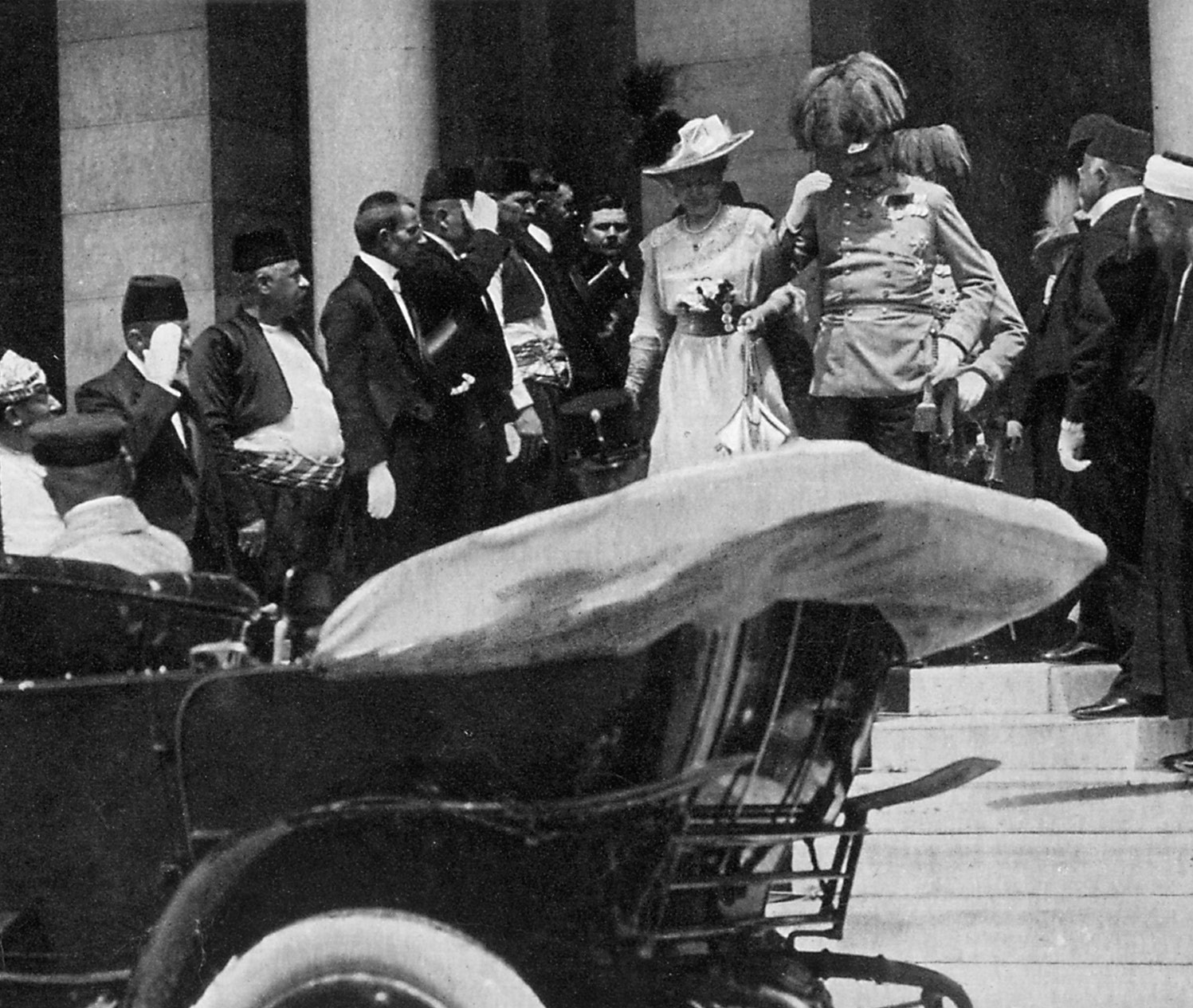
The outbreak of war in Europe in 1914 was not unexpected. The long peace that followed the Congress of Vienna at the end of the Napoleonic wars could not survive the challenges of European imperialism, the alliance system, the weakness of the Ottoman empire, German expansionism and the arms race that followed. It was not a matter of if, but when a major war started.
By 1900 conflict between the major imperial powers was growing more likely each year. Britain had nearly fought France on a number of occasions, but both found common cause against Germany and the ‘scramble for Africa’ had raised tensions further. War had been narrowly averted in 1906 and 1911 when the kaiser had tried to extend German influence in Morocco, but another clash was inevitable. Imperialism also created the context for conflict by giving it psychological legitimacy. Ideas of racial supremacy and Social Darwinism spread among the European elite and wars of conquest came to be accepted as part of the ‘natural order’.
Your organisation does not have access to this article.
Sign up today to give your students the edge they need to achieve their best grades with subject expertise
Subscribe




